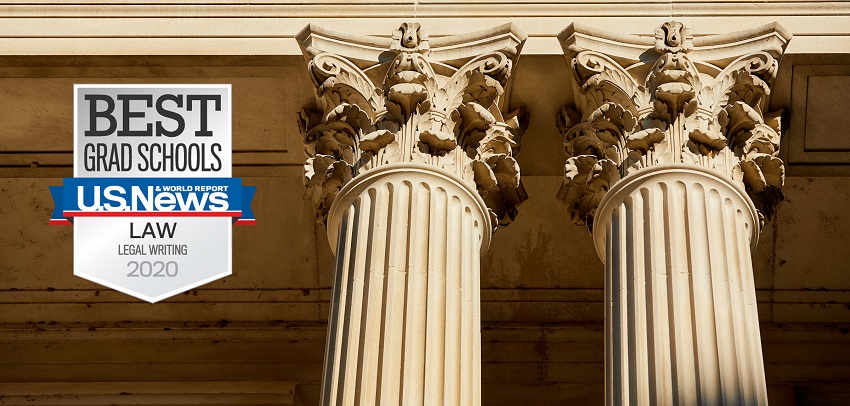
LEGAL METHODS PROGRAM
The Legal Methods program is the first-year legal research and writing program at Memphis Law.
Legal Methods is a rigorous, required first-year legal research, writing, and analysis program. Faculty teaching in the Legal Methods program work collaboratively to implement and coordinate a curriculum that encourages creative, individualized course design while ensuring consistency and predictability in learning outcomes and assessments. Legal Methods is taught as a two-semester, required first-year course, which focuses on legal research, analysis, and communication in both the fall and spring semesters. The program emphasizes written and oral communication of objective analysis in the fall and written and oral communication of persuasive arguments in the spring.
The law school's Legal Methods program is taught by full-time, dedicated faculty, who oversee the legal research, writing, and analysis training provided to first-year students. This teaching model allows the school to devote more time, study, and attention to supporting students as they develop the foundational skills so vital to immediate success in today's job market.
Legal Methods students are also supported by a dedicated Writing Center, which is an integral part of the Legal Methods program. Through the Writing Center, students have access to writing workshops coordinated with the Legal Methods program one-on-one writing conferences with the Director of the Writing Center and upper-level-student Writing Fellows, who are trained and supervised by the Director of the Writing Center.
Additionally, the Memphis Law Legal Writing Program has been ranked in the Top 40 Legal Writing programs in the country in the 2020 and 2021 U.S. News & World Report rankings. This successful rise in the rankings coincided with a "sea-change" in the way Memphis Law's Legal Methods Program was administered and taught, which was instituted and overseen by former Director of Legal Methods and current Associate Dean for Academic Affairs Jodi Wilson. The change shifted away from an adjunct-based program to a model with several full-time legal writing faculty members, allowing the program to expand the legal research, writing, and analysis training provided to students and to better prepare students for the increased complexity of practice in today's legal environment. The past and current success of the program is also due to the hard work of the dedicated full-time Legal Methods faculty members and the Director of the Writing Center.

